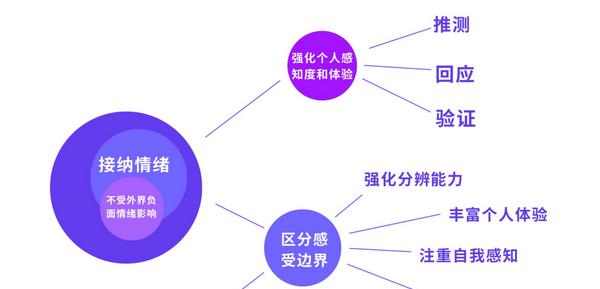Managing Emotional Reactions: Learning from Professional Counselors
This article explores how ordinary people can develop emotional management skills similar to counselors, focusing on self-awareness, boundary setting, and healthy emotional processing, while acknowledging the differences between professional and personal contexts.

The relationship between professional counselors and emotional management has often been misunderstood. While counselors appear skilled at handling others' emotions during sessions, their abilities are largely context-specific and professionally cultivated. For ordinary individuals seeking to improve their emotional management skills, it’s important to understand this distinction and develop appropriate strategies for daily life.
Professional counselors develop their skills through specific training and structured environments. Their ability to manage emotions effectively during sessions stems from clear professional boundaries, dedicated preparation, and a specific therapeutic framework. However, these same counselors may experience normal emotional reactions in their personal lives, demonstrating that emotional management skills are context-dependent.
For ordinary individuals, developing emotional resilience involves several key aspects. First, self-awareness plays a crucial role. Understanding one’s emotional triggers and typical response patterns helps in developing better emotional regulation. This can be achieved through practices like the cognitive three-column method, where individuals record triggering situations, automatic thoughts, and rational responses.
Setting healthy boundaries represents another vital component. Unlike counselors in professional settings, individuals in daily life need not maintain complete emotional neutrality. Instead, the goal is to establish appropriate emotional boundaries that allow for authentic expression while preventing emotional overwhelm. This might involve recognizing when to step back from emotionally charged situations or learning to differentiate between one’s own emotions and those of others.
Prevention strategies also prove valuable in emotional management. This includes identifying potentially triggering situations, preparing mental responses in advance, and developing exit strategies for overwhelming scenarios. For instance, when facing criticism or conflict, having a prepared response can help maintain emotional equilibrium.
In social interactions, it’s beneficial to focus on managing one’s own emotional state rather than trying to control or fix others' emotions. This differs from a counselor’s professional role and better serves personal relationship dynamics. When others express strong emotions, the priority should be maintaining personal emotional stability while showing appropriate empathy.
The development of these skills requires practice and patience. Unlike professional counselors who operate within structured therapeutic environments, ordinary individuals must learn to apply these skills in varied and unpredictable daily situations. This might involve starting with smaller challenges and gradually building capacity for handling more emotionally demanding scenarios.
Rather than striving for professional-level emotional detachment, the goal for ordinary individuals should be developing balanced emotional responses that allow for both authentic expression and appropriate self-regulation. This involves acknowledging one’s emotions while preventing them from becoming overwhelming or destructive.
Regular self-reflection helps in refining these skills. By examining emotional responses to different situations, individuals can identify patterns and adjust their approaches accordingly. This process builds emotional intelligence over time, leading to more effective emotional management in various life situations.